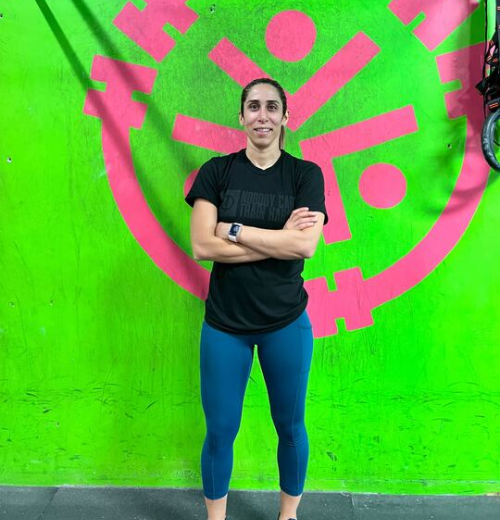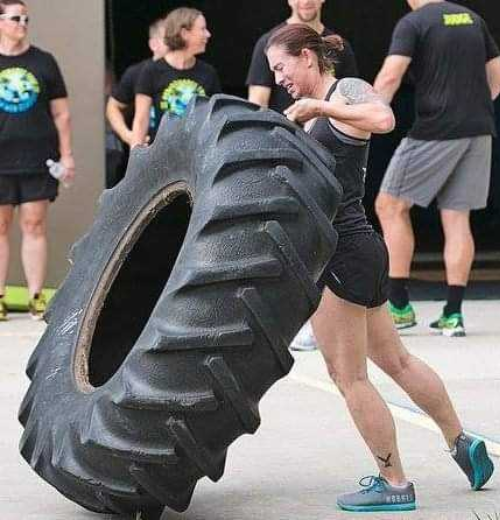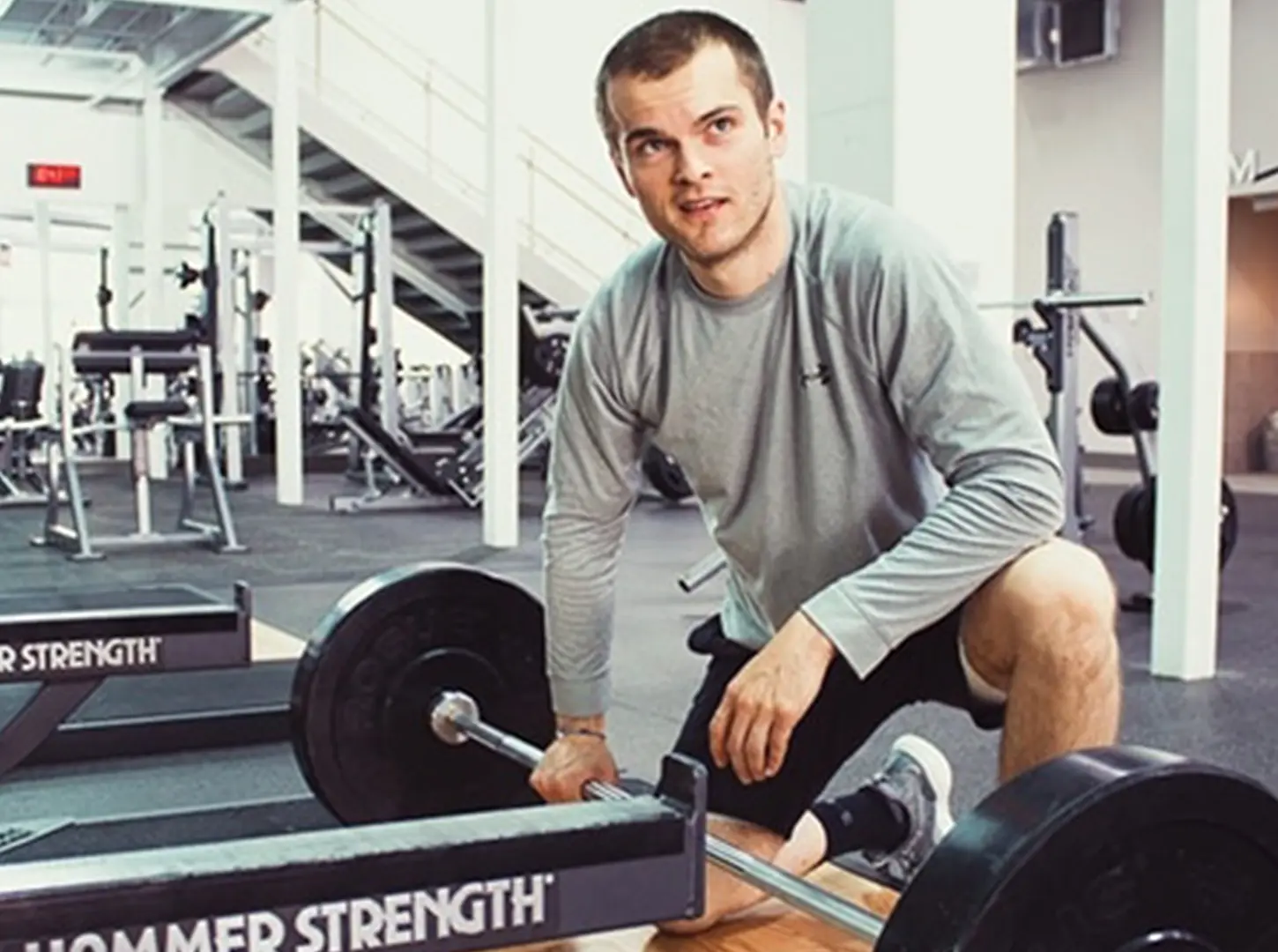The protein and weight loss connection
When people think about protein supplementation, they usually think about all things muscle related.
Clients often approach me to ask various questions about protein supplements, be it via shakes, or otherwise.
The most common questions I get are:
- When’s the best time to have a protein shake?
- Will it help me pack on muscle?
Or at the opposite end of the spectrum, usually women who are afraid of getting “bulky”. Check out the second part of this blog post where we dispel that myth pretty quickly.
Less frequently, though, we talk about protein’s ability to help you actually lose weight. But if a new pilot study is at all accurate—the study was conducted by researchers from three American universities and published in the Journal of the International Society of Sports Nutrition this year—then it might be worth taking protein to help your body become more efficient, and ultimately help you lose weight.
Although we often think we need to take protein right after a workout for recovery, this study looked at the effects of taking a pre-workout protein supplement.
The researchers discovered that when the participants (who in this case were male) fasted and then took protein—25 g of whey protein isolate or 25 g of casein protein 30 minutes before a medium-intensity treadmill workout, they had higher post-workout energy expenditure compared to both the group who took 25 g of carbohydrates (maltodextrin) before their workout and the non-caloric control group.
What does this mean exactly?
Well, a higher post-workout energy expenditure has frequently been linked to both weight loss and fat oxidization, which basically means your ability to burn fat. Also notable is that those who took casein protein had even better results than the whey protein group.
The researchers were also hoping to see if protein before exercise might also minimize protein degradation during exercise, but more research is needed to see if this is the case, they reported.
Though this was just a pilot study, it’s certainly not the first evidence of protein consumption being linked to weight loss. A 2012 study, for example, published in the Nutrition Journal looked at whether taking extra proteins and amino acids through a liquid shake would help elderly, obese people lose weight.
The result:
Those who took at the protein supplement actually lost more fat than those who didn’t. They believe this is because protein requires the greatest caloric cost for digestion (when compared to fat and carbohydrates), so more protein might actually assist in weight loss. Protein also causes more of a sense satiety (feeling of fullness), which means that if you increase your protein consumption you’ll probably be less hungry overall.
For the naysayers out there worried about overdosing on protein aka “protein poisoning”, it’s actually very difficult to do.
However, if you do choose to increase your protein intake, we definitely recommend a gradual increase. Hopefully you don’t read this post and immediately up your protein consumption by 100s of grams more than you’re currently getting.
And of course, try to get your proteins from the cleanest sources possible.
For what it’s worth, from an personal anecdotal evidence-based standpoint, in the years I have been involved in the fitness industry helping people get fit and become leaner through diet and exercise, I will say without a doubt that increasing protein in your diet, be it through regular food or a supplement, usually leads to a leaner body composition. Period.
Actually bulking up requires (for most people) a TON of time lifting weights and pounding way more protein than most people are willing to eat. For the average person, however, consuming more protein (and reducing carbs) won’t make them bulky. Instead, they usually feel better and look leaner. So if that’s your goal, talk to us about your protein intake today.












